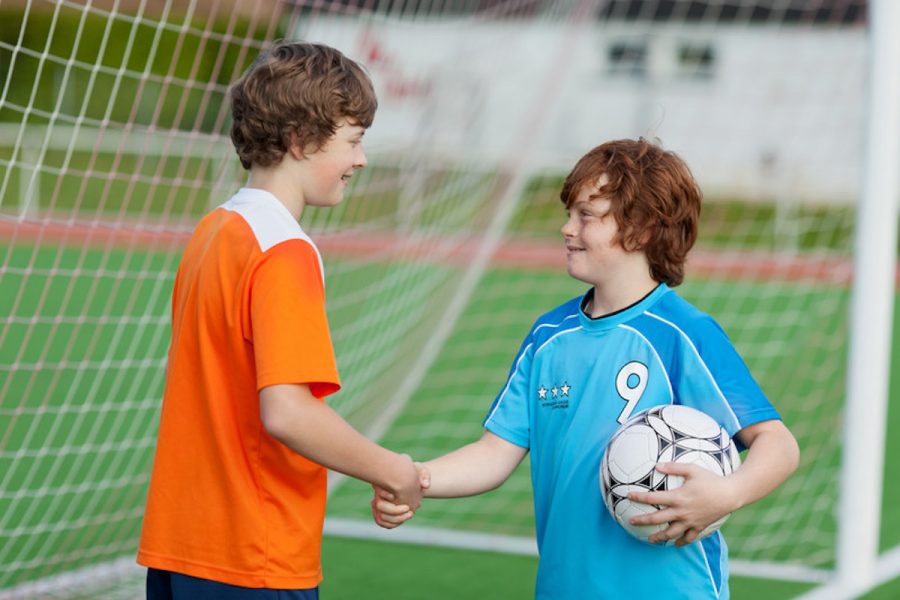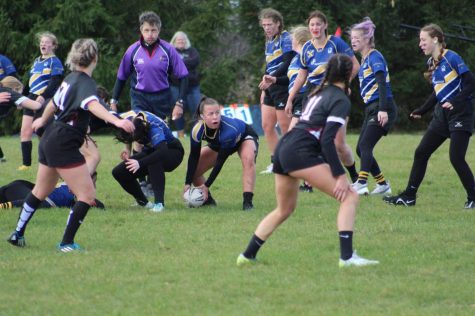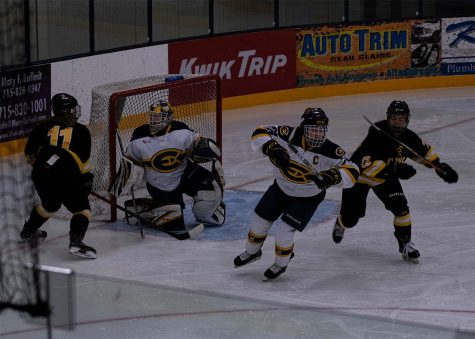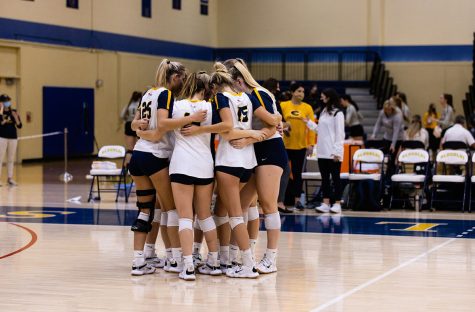Vigor in the Valley
Sportsmanship should be upheld during intramural gameplay
Photo by Can Stock Photography
One of the cornerstones of athletic competition is sportsmanship. Even during intramurals, athletics shouldn’t overlook this important concept.
I thought the last sport I’d ever find myself voluntarily playing is basketball. I was a remarkably terrible junior varsity player back in high school and I explained this to my friends when they asked me to be on their intramural basketball team earlier this fall. They insisted I be part of the team anyway. After all, the intramural league is all about having fun.
Now, we’re over halfway through our season and I’ve enjoyed myself. In true intramural spirit, I don’t take games too seriously. I don’t think others can say the same, however.
Some athletes take their competitiveness to the next level. Unfortunately, I’m constantly taken aback by a lack of good sportsmanship in the intramural league. During four weeks of competition, I’ve heard teams heckle opposing players. I’ve witnessed shoving and heard insults muttered. These actions usually aren’t reprimanded.
Even though intramurals are just for fun, sportsmanship shouldn’t be overlooked; it is one of the cornerstones of athletic activity.
Sportsmanship is defined by Merriam-Webster as “conduct (such as fairness, respect for one’s opponent and graciousness in winning or losing) becoming to one participating in a sport.”
Basically, it is the ethical code for athletes.
Every childhood coach I can remember always stressed the importance of good sportsmanship. Many even valued good sportsmanship above winning: When good team play is practiced, a higher sense of achievement is earned. If a team wins with good sportsmanship, they’ve won honestly.
Michael Jordan, the famed basketball player, spoke up about the importance of sportsmanship during an interview recorded by ESPN.
“You’ve got to be able to lose in grace and win in grace,” Jordan said.
Somewhere along the way, some of my fellow athletes in intramurals forgot to uphold the standards of sportsmanship they were taught in their youth. The consequences of their lapse in judgment aren’t outright, but they are still present.
In addition to frustrating other athletes, being a poor sport is harmful to referees. When a referee is forced to address foul play, the game is disrupted. Further, when referees catch flack themselves, they are distracted from fairly judging the game.
It’s not hard to be a good sport. Negative aggression can be rerouted into effort. When everyone plays fairly, everyone benefits, no matter if they win or lose.
Neupert can be reached at [email protected].

Neupert is a fourth-year journalism student at UW-Eau Claire. She is the executive producer of Engage Eau Claire on Blugold Radio Sunday. In her spare time, Neupert's working on becoming a crossword puzzle expert.










